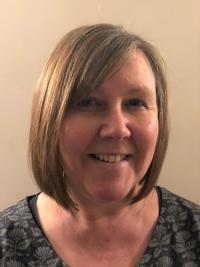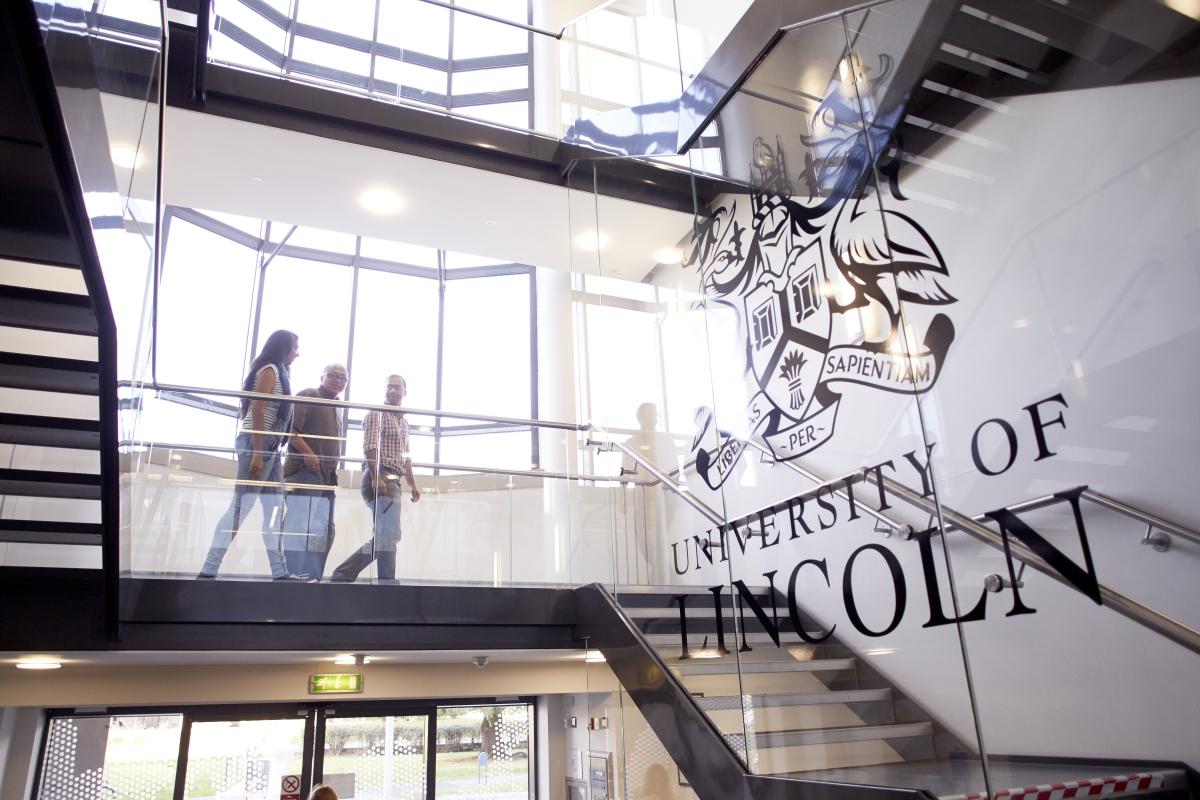 Guest blog by Dr Anne Jolly, Impact Development Officer, University of Lincoln; Dr Julie Bayley, Director of Research Impact Development
Guest blog by Dr Anne Jolly, Impact Development Officer, University of Lincoln; Dr Julie Bayley, Director of Research Impact Development
With contributions from Charles Mycroft, Reece Leggett, Charli Baty, Marta Villafranca Valls and Dr Federica Menchinelli. All from the Industrial Partnerships Team, University of Lincoln.
In recent years the UK research sector has dealt with unprecedented pressures, adjusting to COVID and through increased scrutiny and political unsteadiness. With promises for R&D investment yet to be fulfilled, and the damage wrought by the loss of European funding options, universities need to determine how to strengthen their connection with society at a time of resource limitations, threats to organizational sustainability and delivery on multiple agendas. The question for many of us is how can we connect with society, in ways which align with our values, with little resource and whilst fending off increasing demands?
- KE and impact are intrinsically linked to university sustainability but can be difficult to deliver in already pressured environments.
- These challenges can be magnified in post-92 institutions, and those with a particularly rural footprint.
- To address this, the University of Lincoln is actively engaged in a suite of activities to build KE function and impact literacy, strengthening not only the exchange of knowledge between university and society, but the sustainable, cohesive and ‘healthy’ practices within the institution itself.
- Key learning will reflect understanding of KE/impact within these research environments, and principles for improved practice.
Knowledge Exchange (KE) is defined by the KE Concordat as “a collaborative, creative endeavour that translates knowledge and research into impact in society and economy”. The parallel REF definition of impact reflects “an effect on, change or benefit … beyond academia”. Collectively these two agendas drive us to optimise the benefit of universities to society, and cement expectations that our research institutions will be active partners in social transformation.
In recent years the UK research sector has dealt with unprecedented pressures, adjusting to COVID and through increased scrutiny and political unsteadiness. With promises for R&D investment yet to be fulfilled, and the damage wrought by the loss of European funding options, universities need to determine how to strengthen their connection with society at a time of resource limitations, threats to organizational sustainability and delivery on multiple agendas. The question for many of us is how can we connect with society, in ways which align with our values, with little resource and whilst fending off increasing demands?
The University of Lincoln is a post-92 institution, with a rural geography and an expressed commitment to Civic responsibility and regional development. For us, the answer lies in connecting people across the agendas. Whilst we may not have the scale of operations of some of our counterparts, our size and outward focus allows us to be agile and collaborative both within and beyond the university walls.
A key thread underpinning our approach is that of impact literacy, a model based on the principle that we can make most difference to society if we understand the what, how, why and who of the relationship between research and the wider world. This principle is reinforced in our KE activities, where through collaboration and coproduction we embed social benefit as a core goal of all our work. We seek to inspire the academic community and build capacity across KE and impact in three core ways:
1. Skills development and opportunities to connect
Typically delivered through impact literacy training and KE workshops, we build expertise across the institution, empowering individuals in academic and professional services roles to identify and capitalise on opportunities for KE/impact. Alongside, we are able to optimise our connections with key regional businesses, charities and public sector bodies, reflecting the specific needs of our rural communities.
2. Committing to building healthy institutional practices:
While it is vital that individuals have the opportunity to fully understand impact, sustainable practice needs a positive, facilitative organisational environment. At Lincoln we use LILI’s ‘5 Cs of Institutional Health’ to not only embed KE/impact, but also ensure we place meaningfulness and supportiveness at the heart of what we do. These are:
- Commitment to impact through strategy, systems and capacity building;
- Connectivity of the organisational units and their link with an overall strategy;
- Coproduction through meaningful and sustained engagement with non-academics
- Competencies of individuals and teams relating to impact and KE;
- Clarity of roles, responsibilities and institutional expectations
These principles transfer from impact into supporting our strategic goals for KE, and fundamentally support our activities to comply with the KEC principles.
3. Establishment of key units which draw on our existing expertise
To deliver on these principles, we have established a series of KE and impact ‘engines’ to support colleagues in connecting with KE and impact support. These include:
- The Lincoln Impact Literacy Institute (LILI): an academic led, impact specialist unit focusing on building capacity and institutional practices for healthy impact practice. LILI supports Lincoln colleagues to strengthen their approaches to impact, informs university strategy, and works sector-wide to drive good practice with funders, publishers and research institutions.
- Lincoln Policy Hub: Supported by ParliLinc (Lincoln’s Parliamentary Research Centre), Policy Hub brings together research, evidence and commentary to connect politicians, decision makers, and practitioners with our research. By drawing on existing expertise within our institution, we can mobilise our academics’ expertise in policy and political science, and create opportunities for colleagues to build knowledge, skills and networks to influence policymaking regionally, nationally and internationally.
- PEARL: Public Engagement for All with Research at Lincoln (PEARL) supports embedding a culture of public engagement with research. It provides support, visibility, opportunities and resources, with a focus on building individual skills and sharing of peer experiences.
- KE Hub: An online one-stop-shop for KE support for our academics, professional services colleagues and students covering policies, procedures, internal funding, training and events. Recently launched, we are using the hub as a central point to raise KE awareness and improve access to training and development resources, whilst also offering targeted support to develop internal KE/impact networks.
- Industrial Partnerships and Business Incubation: Within our Research and Enterprise department we offer targeted support through a range of opportunities with associated funding and/or expertise delivered in diverse styles to support stakeholders at different stages of maturity. These are intensively personal interactions, bringing together academics, students, external stakeholders with facilitators to support the activities.
Many universities have dedicated provision for KE and impact at a greater scale than Lincoln or similar sized institutions, but for many the sector-wide challenges for funding and the labour burden of multiple agendas limits the resources available to build infrastructure. At Lincoln we’ve decided that by focusing on people - mobilizing the skills and experience we have - we can embed KE and impact in a meaningful way and make a real difference in society.
